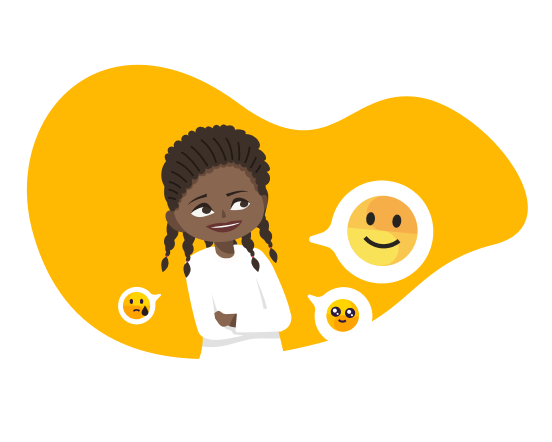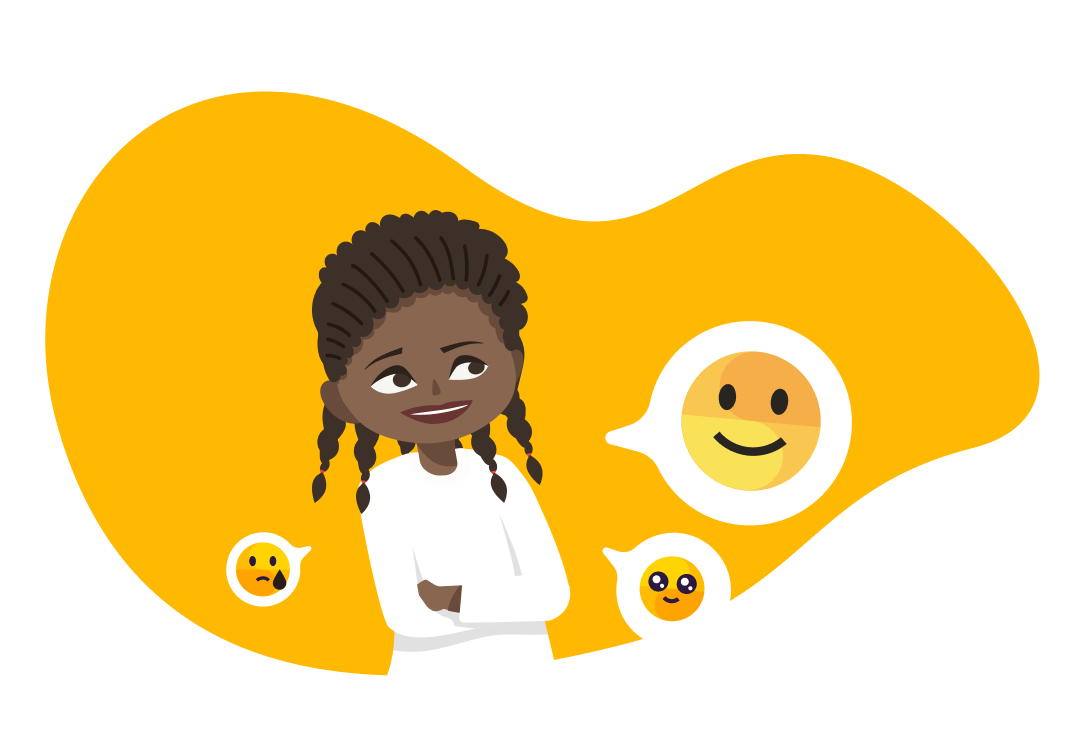
10 positive things to say to your kids
Right from our first days in this world, parents are the people who are always there for us. We communicate with them in so many ways, and every step can lead whether to trauma or empowerment. Children cannot get into something due to their age. Still, they definitely feel everything naturally, sometimes even sense more vibrations than us, adults. That is why it’s essential to pay attention to what and how you’re talking to kids. A strong personality evolves in healthy family relationships.
So, what are those “magic words” to raise a child into a self-confident individual? As always, the genius is in simplicity.
1. I love you
In the first place, children should feel loved. Let your kid know that, no matter what, he/she will find a loving heart and soul at home. Sure enough, every parent says it, but these words shouldn’t be a reward for something or just a special occasion. The best thing is to show a child that love is the No.1 priority in the family, a top criterion, a sacred norm. All in all, no one can read thoughts (at least now), so as long as you have a feeling — express it! Things are going better for a person who knows he/she is loved.
2. You are pretty
All people are beautiful in their own way — and children are not an exception. Tell your child that he/she is pretty to avoid future complexes regarding appearance. However, it’s essential to teach a kid to see the beauty inside, too. Try to call him/her lovely or beautiful when they do something kind or make a wise decision, and sooner or later, you’ll see how the kid’s perception of beauty will change. Such an upgrade extends mind borders and helps children to see a diversity of the world as well as reinforces a child’s self-esteem and instills self-care.
3. I am sorry you feel bad
It’s a great idea not only to show your feelings but also to do your best to find out what your child feels. Sometimes kids, especially teens, can be relatively closed, but it never hurts to express a bit of empathy. Every heart melts under a sincere feeling. Tell your kid that you do care and that you are always there to comfort him/her. The only way to teach empathy to a child is to show it yourself. And, as known, this kind of soft-skills is hugely significant in the modern world. An ability to express compassion is what makes us human.
4. What would you like to do?
Most of us don’t want to be taken under control — so why should children love it? Instead of making them do something, ask what their desires are. Even though choices sometimes could be not-so-awesome, a child needs to learn the decision-making skill. Show your trust and confidence and, be sure your kid won’t disappoint you. Make children feel that their thoughts and feelings are taken seriously, and it will help them a lot in the future.
5. You’ll do it right
Talking further about trust, a good thing to do is to delegate some responsibilities. A kid can be in charge of him/herself, and you can support him/her. Don’t make decisions for them. Just be ready to catch them when they fall.

It’s usually easier to do everything by yourself, but children should get to know how to live this life — so try to give them experience even if it might lead to mistakes, they’ll learn from it. Kids often enjoy doing stuff by themselves, so why not let them try to act like grown-ups, especially when it really helps them in their adulthood.
6. Invite your friends over
When your house doors are open for any friend of your kid, it teaches him/her to welcome people even if you haven’t prepared rooms or cooked a fancy meal. It’s always pleasant to watch good relationships between younger and older generations. Also, getting to know a kid’s pals will help you to understand him/her better. In the best-case scenario, friends of your kid become your friends, too. When a person is sure that there will be no judgment for his/her choice of social circle, it leads to healthier relationships in the future.
7. Have fun
Try to show children they’re a joy. Let them play, meet friends, laugh, and have fun. After they visit someone or something, ask them about all the fun things that had happened there. In adulthood, it’s essential to be able to let it go and relax for a while. This stress-relieving skill is formed in childhood by showing a kind that it’s OK to have fun. The last point is super significant as a sense of guilt for a moment of rest can lead to many psychological problems and a lack of self-confidence.
8. You will be a good parent
In this unstable world, it’s better to have confidence at least in one thing. Make sure your child goes into grown-up life with the firm belief that he/she will make a good family of his/her own. But be cautious not to cause pressure — sometimes parents want to have grandchildren so bad that they forget their child could have other plans. Nevertheless, it’s great to show your kid that you believe in his/her potential to raise good people and build a perfect family.
9. I am proud of you
A person can be proud of him/herself only when some people assure him/her that they are, too. Especially the closest one — we always seek support in our families. Doubtless, your child will be grateful to grow up in the atmosphere of love and encouragement. Parental approval is a powerful aspect that affects our psychological state in the future so show your kid some respect and appreciation — and it will be rewarded.
10. I’m praying for you
It’s very pleasant to know that there are people who care for you every single minute of your life. Say to your children you pray for them, and they will see that they have a person who is mentally with them all the time. This will give your kids a sense of peace and security — and this will help them grow confident.
All in all, there is one golden rule — be honest with your children and do not hesitate to show your feelings towards them. A confident person can be raised in loving families where everyone respects each other, where all the opinions are considered, and where the right of choice is a top priority.

new engaging articles



